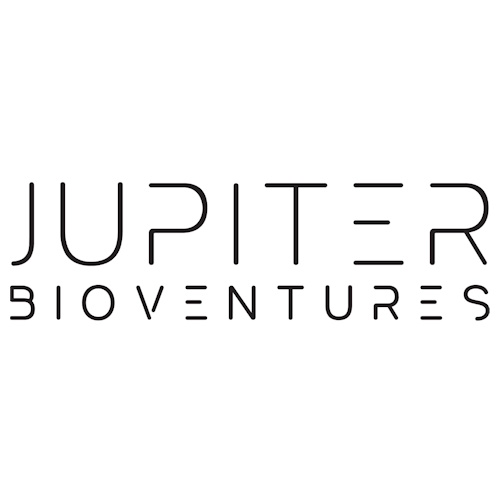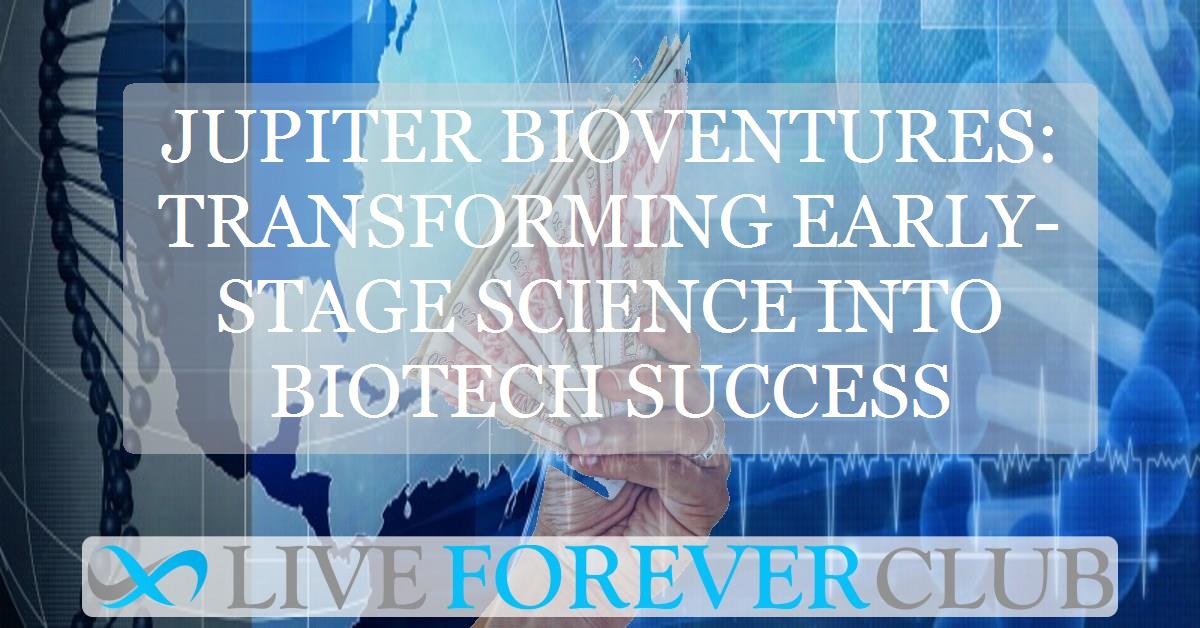Key points from article :
Jupiter Bioventures, a new venture capital firm led by former National Cancer Institute (NCI) Director Norman Sharpless and biotech entrepreneur Nathaniel David, has launched with $70 million in funding. Their unique approach targets "super-early" science that most VCs avoid, aiming to bridge the gap between ground-breaking academic research and viable biotech companies. They plan to invest in about ten innovative ideas and develop three successful companies, with a strong focus on quickly validating concepts and eliminating those that show little promise.
The firm uses a staged model, deploying up to $2.5 million initially to test the feasibility of ideas by reproducing academic experiments, advancing medicinal chemistry, and evaluating intellectual property. Projects that fail to meet expectations are "ruthlessly killed," a process that ensures only the most promising ideas move forward. Successful projects receive further investment of up to $20 million. This disciplined approach minimizes waste and maximizes the quality of their portfolio.
Currently, Jupiter has five projects—referred to as "moons"—in development. These include initiatives such as Ganymede, focused on NRF2-dependent cancers, and Deimos, developing a drug for acute radiation syndrome with clinical trials already underway. Other projects aim to revolutionize CAR-T therapies, cancer treatments, and ophthalmology. For example, Cavalry Biosciences is exploring targeted growth factor delivery for regenerating tissues like nerves and muscles, with human testing expected to begin soon.
Looking ahead, Jupiter is considering a second fund while completing its first batch of projects. Despite challenges in the biotech funding landscape, Sharpless and David remain committed to their innovative approach, blending rigorous scientific validation with bold financial discipline. Their collaborative model has attracted notable investors, including Mayo Clinic and Mission BioCapital, who share their vision of turning high-risk, early-stage science into transformative biotech solutions.






